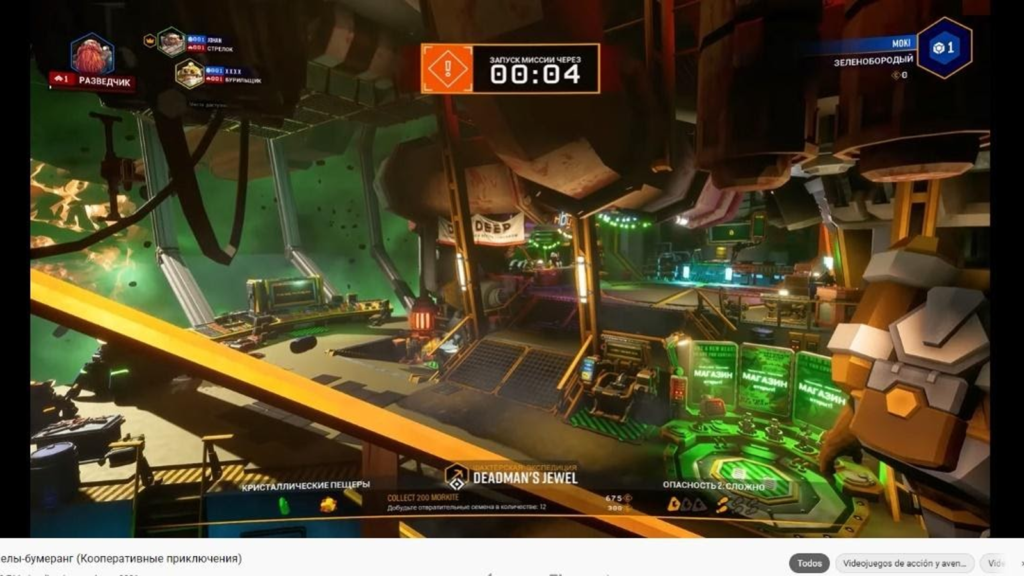Game localization plays a vital role in bringing video games to global markets and bridging cultural divides. Exploring the world of game localization unveils a landscape where games are adapted to suit different languages, cultural nuances, and player expectations. By delving into the realm of game localization, we can understand its significance in expanding the reach of games, fostering cultural appreciation, and creating immersive experiences for players worldwide.

Expanding Market Reach: Game localization enables developers to reach broader audiences in global markets. By translating in-game text, dialogues, and interfaces into different languages, games become accessible to players who may not be proficient in the original language. Localization opens up opportunities for developers to tap into new markets, expand their player base, and generate greater revenue from diverse regions around the world.
Preserving Cultural Nuances: Game localization goes beyond translation and ensures that cultural nuances and references are appropriately adapted for the target audience. Localization teams consider local customs, idioms, humor, and cultural sensitivities to provide an authentic and immersive experience. This attention to detail preserves the essence of the game’s storytelling and maintains a connection between players and the game’s cultural context.
Enhancing Player Engagement: Localization enhances player engagement by providing a seamless and immersive gameplay experience. When games are localized, players can fully understand the game mechanics, objectives, and instructions, allowing them to engage more deeply with the gameplay. By eliminating language barriers, localization enables players to fully immerse themselves in the game world, fostering a stronger connection and enjoyment.
Adapting Gameplay and User Interface: Game localization involves adapting gameplay elements and user interfaces to suit the preferences and expectations of different regions. This includes adjusting control schemes, button layouts, and user interface designs to align with local gaming conventions. By customizing these aspects, localization ensures that players can navigate the game comfortably and intuitively, enhancing the overall user experience.
Building Cultural Appreciation: Game localization fosters cultural appreciation among players. By exposing players to different languages, customs, and cultural references, localization helps promote understanding and respect for diverse cultures. Players can learn about new traditions, folklore, and historical events through localized games, fostering cultural exchange and broadening players’ perspectives.
Collaboration and Localization Challenges: Game localization involves collaboration between developers, translators, and cultural consultants to ensure accurate and high-quality adaptations. Challenges such as translating wordplay, jokes, and puns require creative solutions to convey the intended humor or meaning. Cultural sensitivity and avoiding stereotypes are also essential considerations during the localization process to promote cultural understanding and avoid misrepresentation.
Quality Assurance and Testing: Localization teams conduct extensive quality assurance and testing to ensure the accuracy and functionality of localized games. This includes language verification, proofreading, and testing localized assets to ensure they work seamlessly with the gameplay mechanics. Rigorous testing helps identify and resolve any issues related to text formatting, character encoding, or cultural context to deliver a polished and localized gaming experience.
Post-Release Support and Updates: Game localization extends beyond the initial release, requiring ongoing support and updates. Developers continue to address localization issues, provide language updates, and respond to player feedback to improve the localized experience. This post-release support demonstrates a commitment to the global player community and ensures that players in different regions can enjoy the game with the same level of satisfaction.
Game localization plays a pivotal role in bridging cultural divides, expanding the reach of games, and creating immersive experiences for players worldwide. By adapting games to different languages, cultural nuances, and player expectations, localization fosters cultural appreciation, enhances player engagement, and opens up new markets for developers. As the gaming industry continues to thrive globally, game localization will remain a critical component in creating inclusive and immersive gaming experiences that transcend cultural boundaries.









